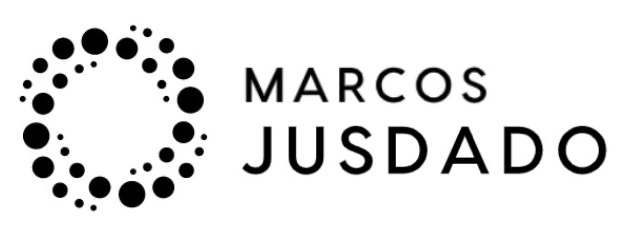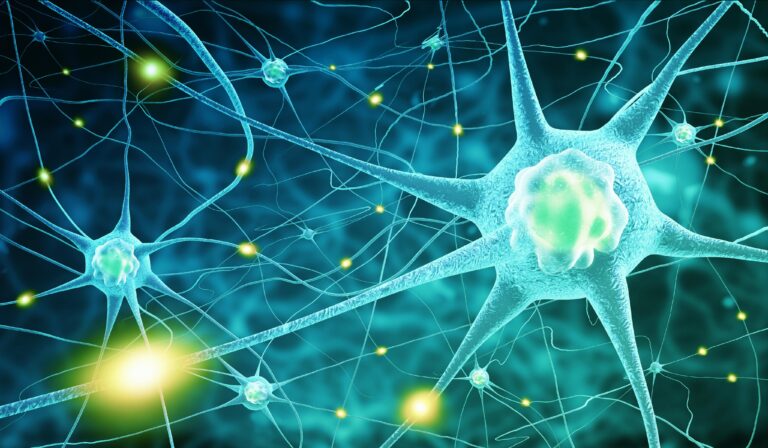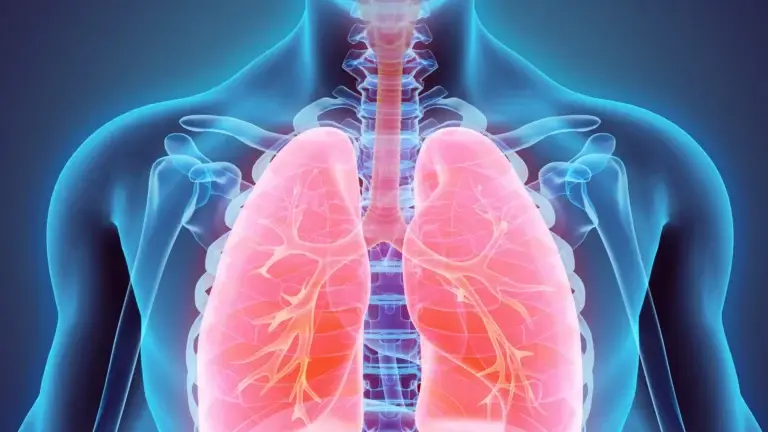The term “Neurological Health” was coined by Dr. Jose Palomar as a broad definition of health. The human central nervous system (CNS) processes millions of stimuli every moment of life and must be able to manage this incoming information to continuously adapt to an ever-changing internal and external environment.
Neurological Health is the ongoing process of CNS adaptation to the internal and external environment.
Reflexes form the foundation of all biological system processes. They are automatic responses following a stimulus. The complexity of the sum of our reflexes determines both our conscious and unconscious behavior. Any stimulus can potentially inhibit or facilitate our reflex systems or create a new reflex context that directly influences our motor, endocrine, and autonomic responses. The balance and integrity of facilitatory and inhibitory processes in the CNS form the basis of proper Neurological Health.
In cases of maladaptation, the CNS may attempt to create a compensatory solution to maintain homeostasis, balance, and function.
Neurological dysfunction is a temporary CNS solution to cope with stimuli it cannot manage without additional compensatory resources. The CNS may create a new compensatory response to continue functioning. Neurological dysfunction is a form of “pathological reflex,” where a dominant aberrant afferent signal affects normal reflexes. For example, inhibition of a muscle stretch reflex can result from an abnormally high signal from the ligament associated with that muscle. When the aberrant signal decreases, the muscle returns to normal function and reflex tone. Another example is “paralysis by fear,” a protective reflex that, if active, alters muscle reflexes and posture.
The main goal of P-DTR is to improve CNS performance, restore sensorimotor homeostasis and reflex activity, and increase adaptive potential across all levels of functioning.
What are these levels?
Physical health involves proper functioning of the musculoskeletal, endocrine, and autonomic systems. Movement is our primary activity. Everything we do involves movement on some level. Breathing, digestion, vision, hearing, speech, smiling — all controlled by our motor system. Our upright posture and spatial orientation rely on various reflexes such as stretch and vestibular reflexes.
Each muscle has a specific action. Movements are complex interactions of muscle groups. If a particular muscle is not properly integrated, it can affect the entire body. All body systems have specific functions and are interconnected and mutually influential. Each muscle group’s movement is controlled by reflexes.
Emotional health reflects our CNS performance and response to a constantly changing environment. Most incoming information is processed subconsciously, and emotions indicate the quality of our interaction with the environment. Emotional responses depend on how we interpret incoming information. Emotional maladaptation can cause mental confusion, depression, loss of interest in life, mood swings, and many other issues affecting life quality. Conscious psychological and social problems may stem from complex subconscious CNS dysfunction. Physical dysfunctions can affect emotions and vice versa. Neurology underpins psychology.
Cognitive health is our ability to think logically and plan our life strategies. It involves self-interpretation and understanding the world at a conscious level. To succeed, we constantly make decisions. Cognitive processes are essential for performance at work, relationships, and socially significant goals. Cognitive interpretation influences emotional responses. Misinterpretation of ourselves or our environment can potentially affect all systems. Cognitive health is the capacity to interpret life’s stimuli.











